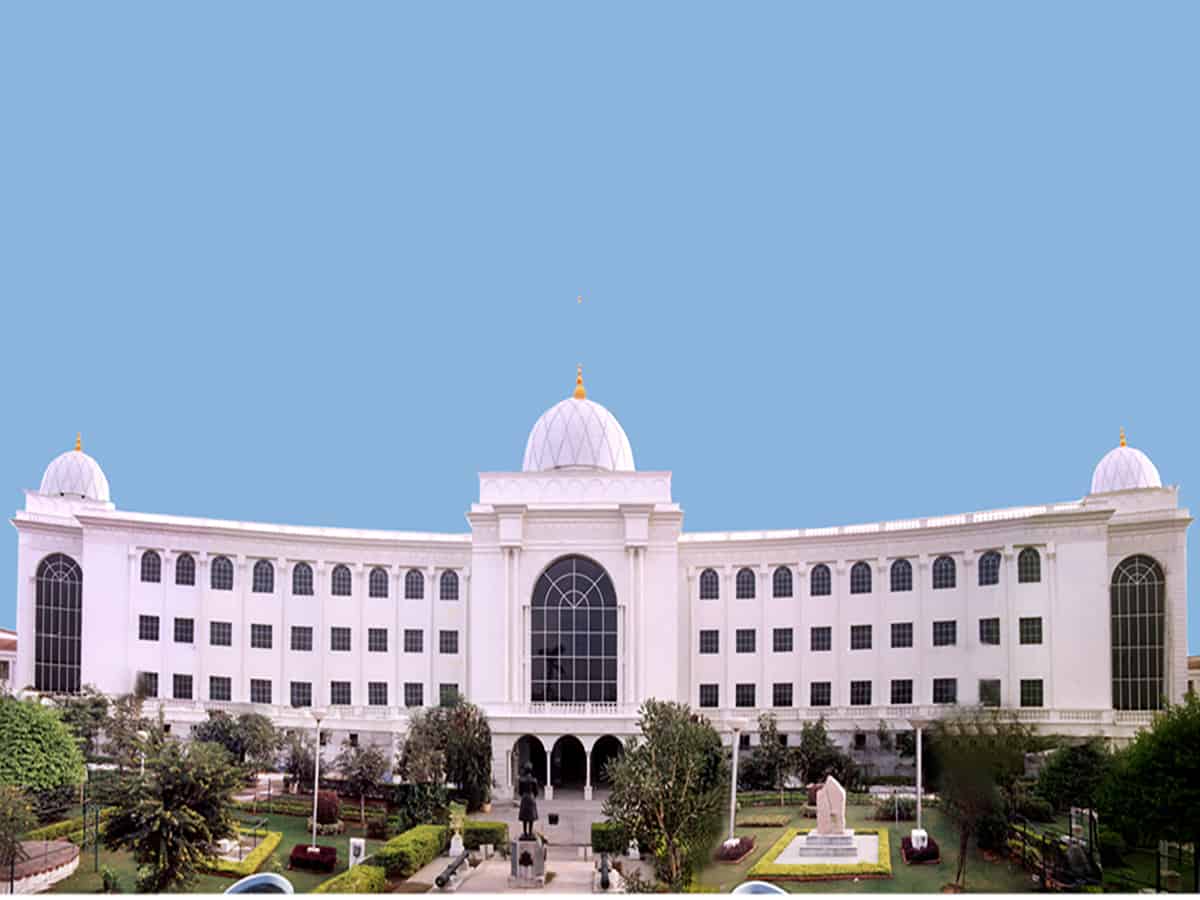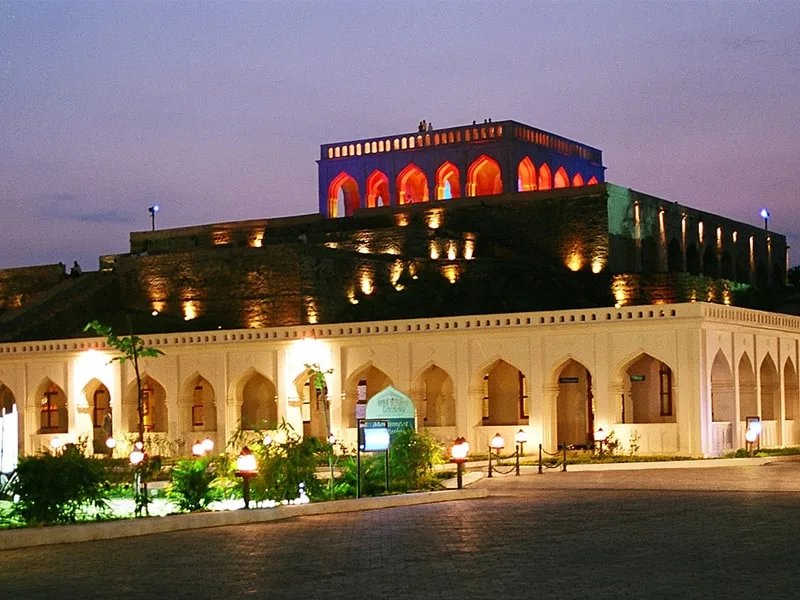The Essence of Ayurveda: Unraveling India’s Ancient Healing Traditions
Ayurveda, an ancient system of medicine originating in India, offers a holistic approach to health and well-being. Rooted in the principles of balance and harmony, Ayurveda has been practised for thousands of years and continues to thrive as a time-tested healing tradition. In this blog post, we delve into the essence of Ayurveda, exploring its principles, therapies, and the profound impact it can have on one’s physical, mental, and spiritual health.
Understanding Ayurveda’s Core Principles:
At the heart of Ayurveda are three fundamental principles: doshas, dhatus, and males. Doshas are the three energetic forces that govern the body and mind—Vata, Pitta, and Kapha. Dhatus refer to the seven tissues of the body, and Malas represent the waste products. A balance among these three aspects is crucial for maintaining optimal health.
Ayurvedic Lifestyle and Daily Routines:
Ayurveda emphasizes the importance of maintaining a balanced lifestyle to promote overall well-being. This includes following a nutritious diet according to one’s dosha, practising regular exercise and yoga, and cultivating a daily routine that aligns with the body’s natural rhythms. Ayurveda also encourages mindful practices such as meditation, pranayama (breathing exercises), and adequate restful sleep.
Healing Therapies and Treatments:
Ayurveda offers a wide range of therapies and treatments to restore balance and promote healing. Panchakarma, the most renowned Ayurvedic detoxification and rejuvenation therapy, involves a series of cleansing procedures to eliminate toxins from the body. Abhyanga (Ayurvedic massage), Shirodhara (pouring warm oil on the forehead), and Swedana (herbal steam therapy) are other popular therapies that provide relaxation and rejuvenation.
Herbal Medicine and Natural Remedies:
Ayurveda extensively employs the use of herbal medicine and natural remedies to treat various ailments. Traditional Ayurvedic formulations, known as Rasayanas and Chyawanprash, are revered for their rejuvenating properties. Herbs and spices like turmeric, ashwagandha, and ginger are commonly used for their healing and medicinal qualities. Ayurvedic practitioners personalize treatments based on an individual’s unique constitution and health condition.
Ayurveda and Mind-Body Connection:
Ayurveda recognizes the intimate connection between the mind and body. It emphasizes the role of mental and emotional well-being in maintaining overall health. Ayurvedic practices help to restore balance, reduce stress, and enhance mental clarity. Techniques such as meditation, Ayurvedic counselling, and herbal remedies specifically targeting the mind are employed to promote emotional balance and inner harmony.
Integrating Ayurveda into Modern Life:
Although deeply rooted in ancient traditions, Ayurveda has evolved to adapt to modern lifestyles. Many wellness retreats, spas, and clinics offer Ayurvedic therapies and consultations, providing an opportunity to experience the benefits of this holistic system. Integrating Ayurvedic principles into daily life, such as mindful eating, self-care practices, and the use of natural remedies, can support a healthier and more balanced lifestyle.
Conclusion:
Ayurveda, with its holistic approach to health and well-being, offers a profound understanding of the mind, body, and spirit connection. By embracing Ayurvedic principles, exploring healing therapies, and integrating its wisdom into our lives, we can experience the transformative power of this ancient healing tradition. Ayurveda serves as a reminder that true wellness encompasses not just the absence of disease but a state of balance, harmony, and vibrant well-being in all aspects of life.



































